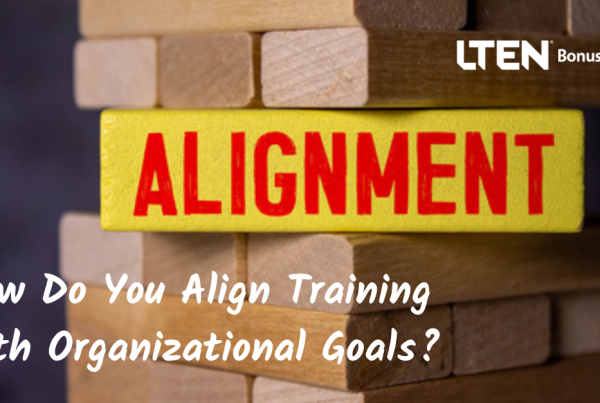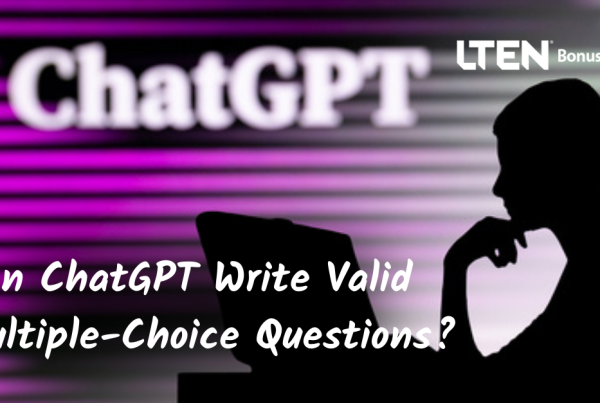
Stakeholder engagement is the foundation of any effective development process. Communicating and aligning with those who will participate and those who will benefit directly or indirectly enables you to build a development initiative that meets business, management and employee needs, anticipates resistance and roadblocks and builds an initiative that has greater chance for success.
Stakeholder engagement begins with learning about others’ experience and preconceived opinions with mentoring and sharing ideas about which they can opine. You want to engage them in conversations that not only solicit input, but cause them to begin to think that mentoring is a key development process that will benefit the organization and make their work lives more effective.
Stakeholder engagement conversations can be held individually or in groups and the conversations must be planned and strategized. Anticipate stakeholders’ motives for supporting mentoring or not. Project how their past experiences with mentoring will color their initial perceptions and opinions. Determine who in senior leadership or outside human resources might be a champion for mentoring.
You may already know those with peer clout who have supported other development initiatives. There will also be senior leaders who believe in mentoring because they have personally benefited from having a mentor that has catapulted their own career. You can leverage the benefits they have gained from mentoring to build your business case as well as engage them as influencers when it comes time to sell the process in the organization.
Leaders who do not tend to support development initiatives, but have benefited from mentoring in their own career, may also be effective champions. By engaging them up front you may reduce resistance later and they may even help you build a stronger business case.
Front-line managers who may support or feel threatened by a mentoring process for their employees will help you can determine what they need from mentoring or why they might block employees from participating.
Employees will be able to give you valuable input about the development culture in the organization, how mentoring might help their career and skill development, the potential for management resistance or support and the roadblocks that may exist to their full participation in a mentoring process.
Below are engaging questions you may ask of senior leaders, managers and employees in your engagement conversations.
The Stakeholder Engagement Conversation with Senior Leaders:
a. Have you ever had an informal mentor? If so, what was your experience? What worked? What did you accomplish? How often did you meet and for what period of time? What strategies did your mentor use to coach you?
b. Have you ever participated in an organization-based mentoring program? What was your experience? What did you accomplish? What strategies did your mentor use to coach you? What worked or didn’t about the formal program?
c. What are the most important results you would like to see from an organization-sponsored mentoring process?
d. I’d like to share with you some initial ideas about what a mentoring process might look like in our organization to see how we could make it best fit our objectives and culture. (During this phase, use the information you have gathered when discussing items a-c liberally.)
e. As appropriate, use what you have learned in the research phase related to successful programs, obstacles, organizational change, etc. as conversation starters for their further input.
f. Are there any organizational effectiveness issues that could be positively impacted by a mentoring process?
g. Do you foresee any obstacles to getting buy-in and acceptance of a mentoring process in our organization? What would we have to do to gain your support for such an initiative?
The Stakeholder Engagement Conversations with Managers:
a. Have you ever had an informal mentor? If so, what was your experience? What worked? What did you accomplish? How often did you meet and for what period of time? What strategies did your mentor use to coach you?
b. Have you ever participated in an organization-based mentoring program? What was your experience? What did you accomplish? What strategies did your mentor use to coach you? What worked or didn’t about the formal program?
c. What are the most important results you would like to see from an organization-sponsored mentoring process?
d. What do you perceive the differences in the type of coaching people would receive from their manager vs. their mentor? What conflicts to you anticipate, if any, between the role of the manager and the role of a mentor? How could your employees’ having a mentor complement the coaching you do as their manager?
e. I’d like to share with you some initial ideas about what a mentoring process might look like in our organization to see how we could make it best fit our objectives and culture. (During this phase, use the information you have gathered when discussing items a-d.)
f. Do you foresee any obstacles to our getting buy-in and acceptance of a mentoring process in our organization? What would we have to do to gain your support for such an initiative?
Stakeholder Engagement Conversations with Employees:
a. Have you ever had an informal mentor? If so, what was your experience? What worked? What did you accomplish? How often did you meet and for what period of time? What strategies did your mentor use to coach you?
b. Have you ever participated in an organization-based mentoring program? What was your experience? What did you accomplish? What strategies did your mentor use to coach you? What worked or didn’t about the formal program?
c. What are the development issues you would work on in a mentoring relationship?
d. What do you perceive the differences between the coaching you get from your manager and what you might get from a mentor?
e. I’d like to share with you some initial ideas about what a mentoring process might look like in our organization to see how we could make it best fit our objectives and culture.
Valerie Smith Pease, is the founder of Valerie Smith Consulting, and focuses on organization and talent development, leadership development and meeting design and facilitation. Email Valerie at vspease@comcast.net.








